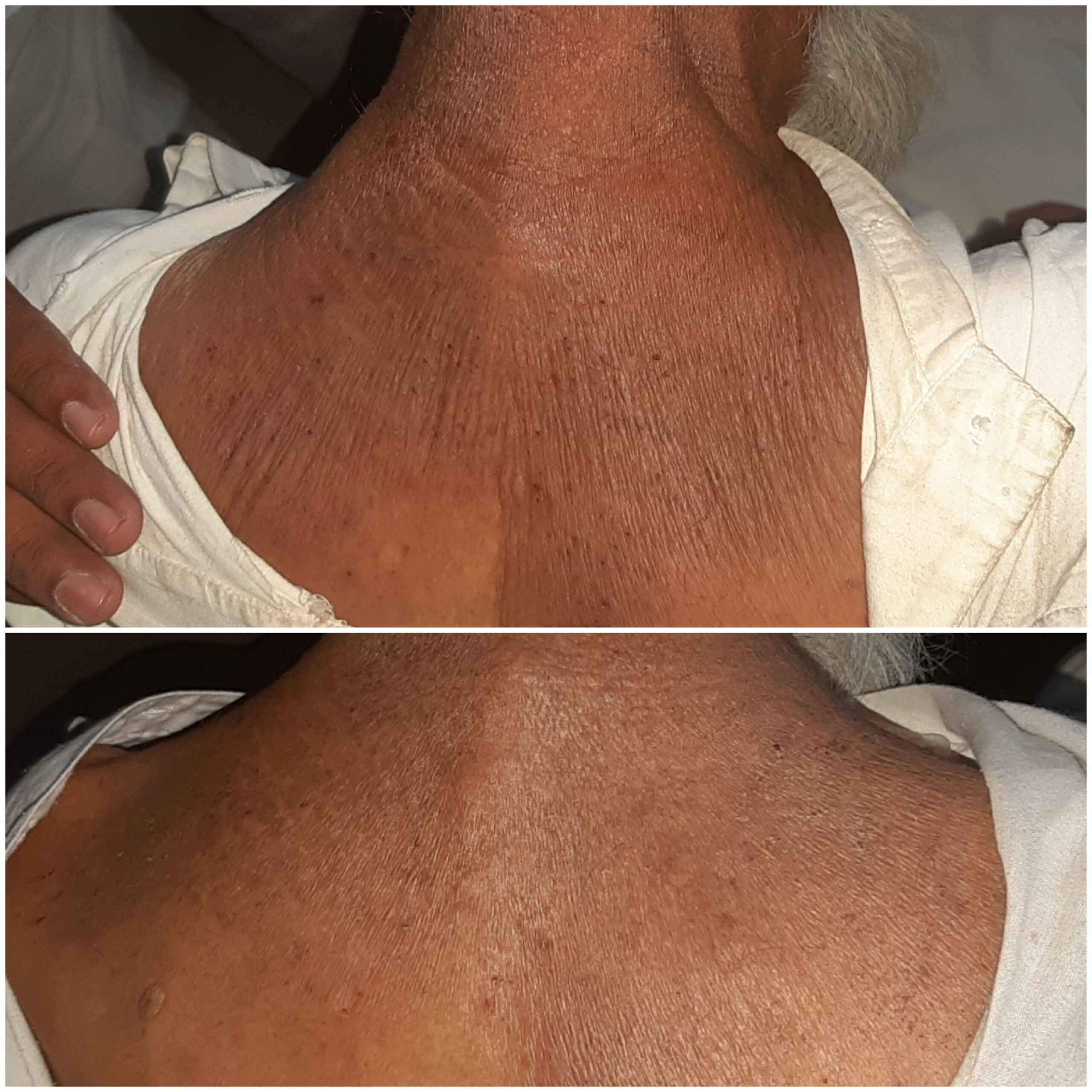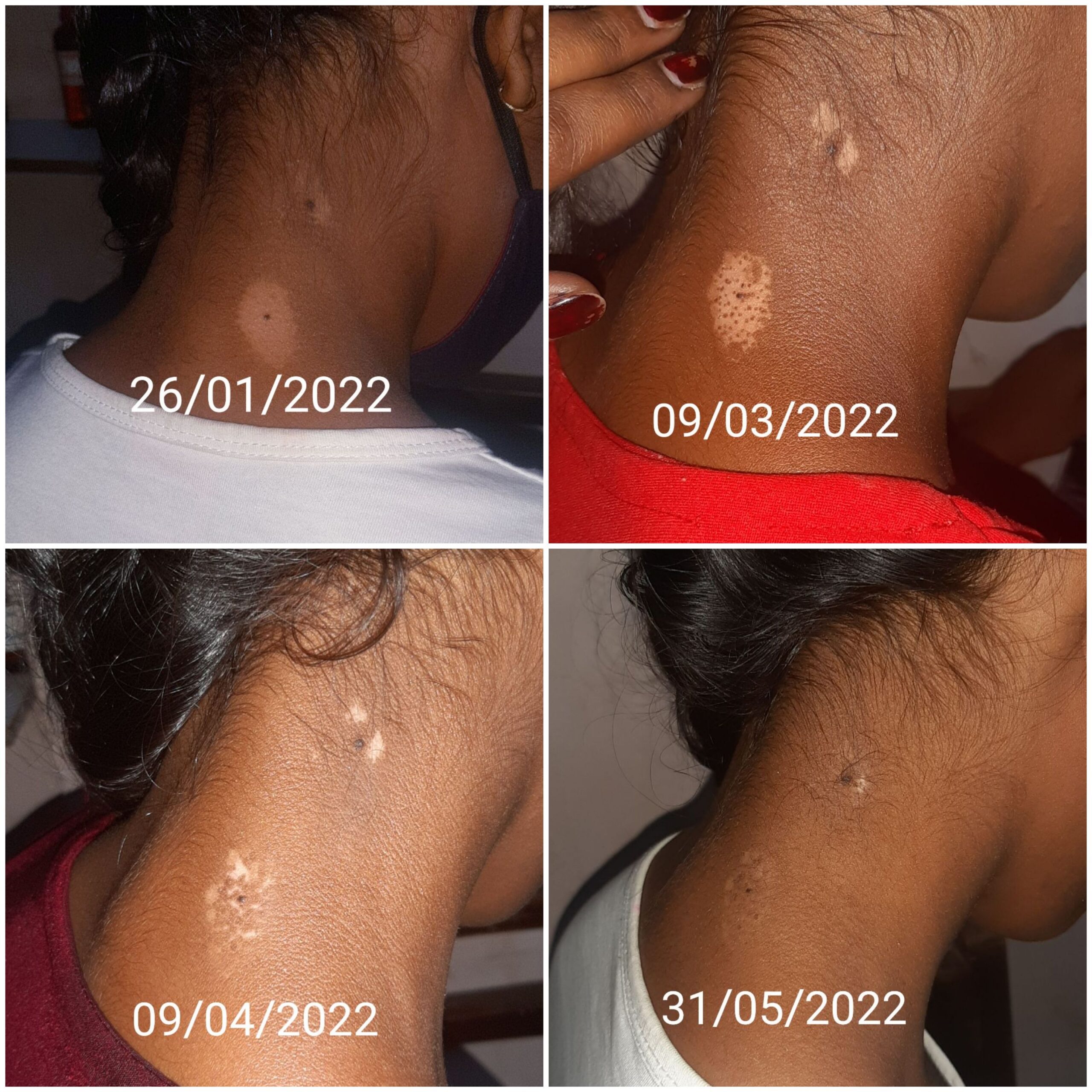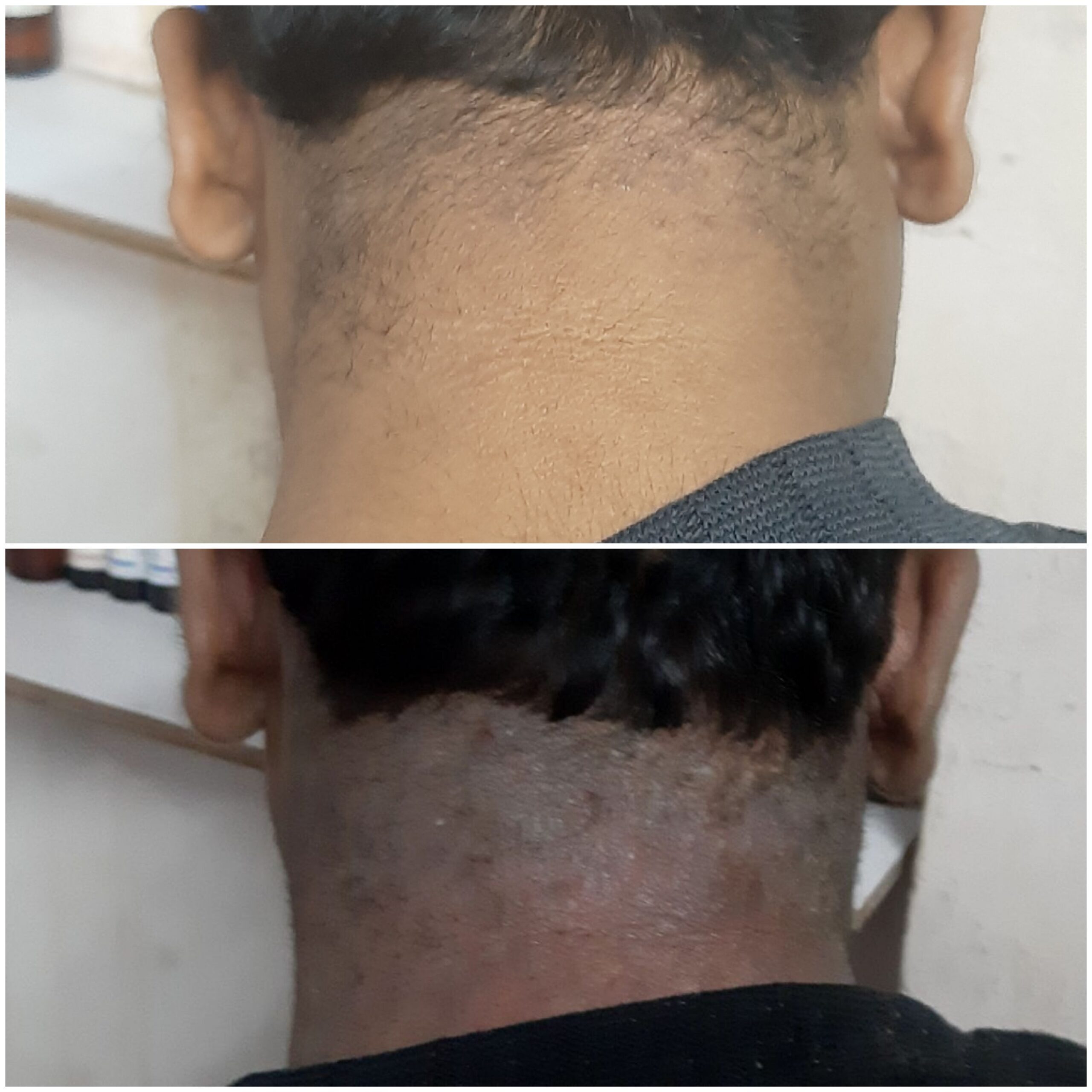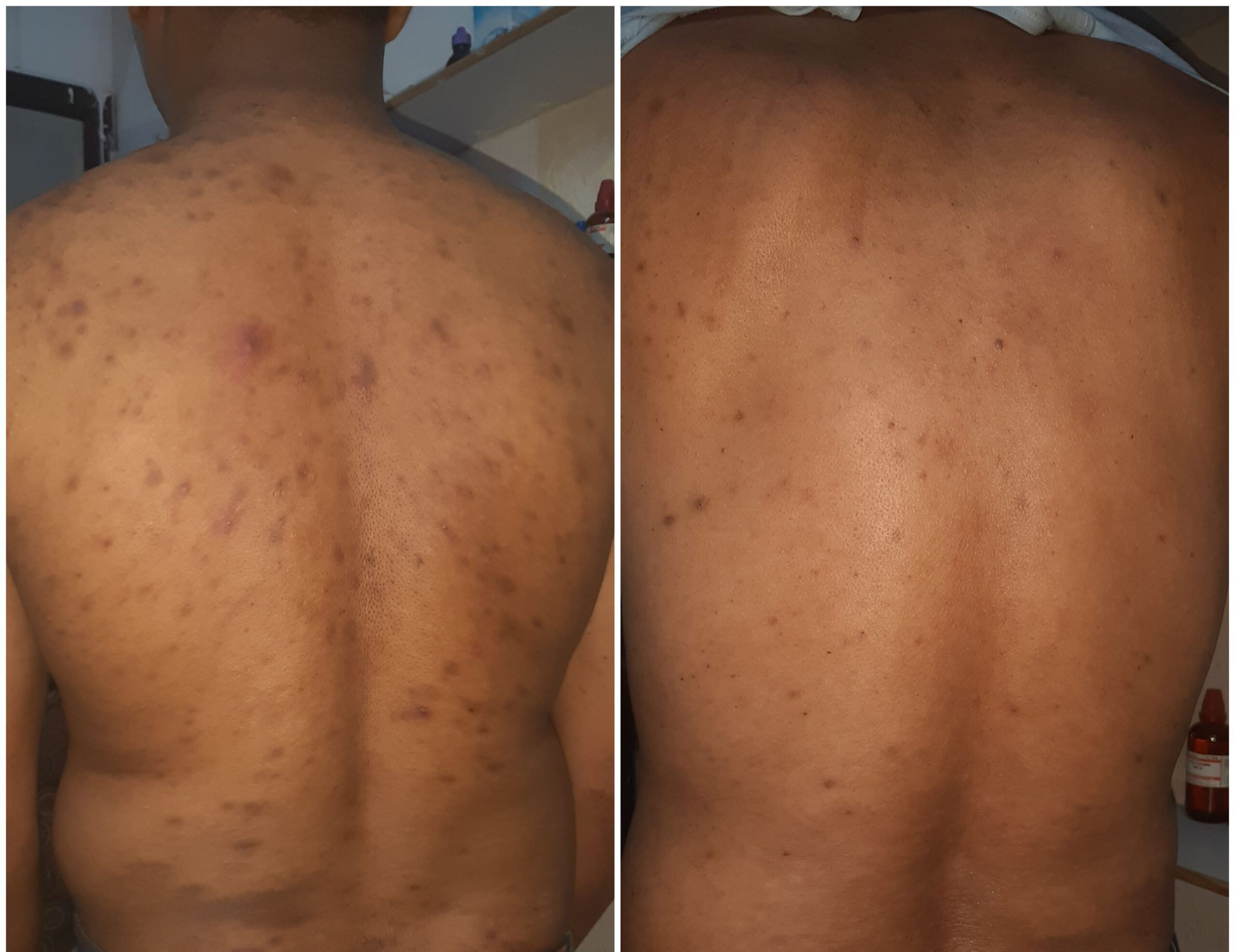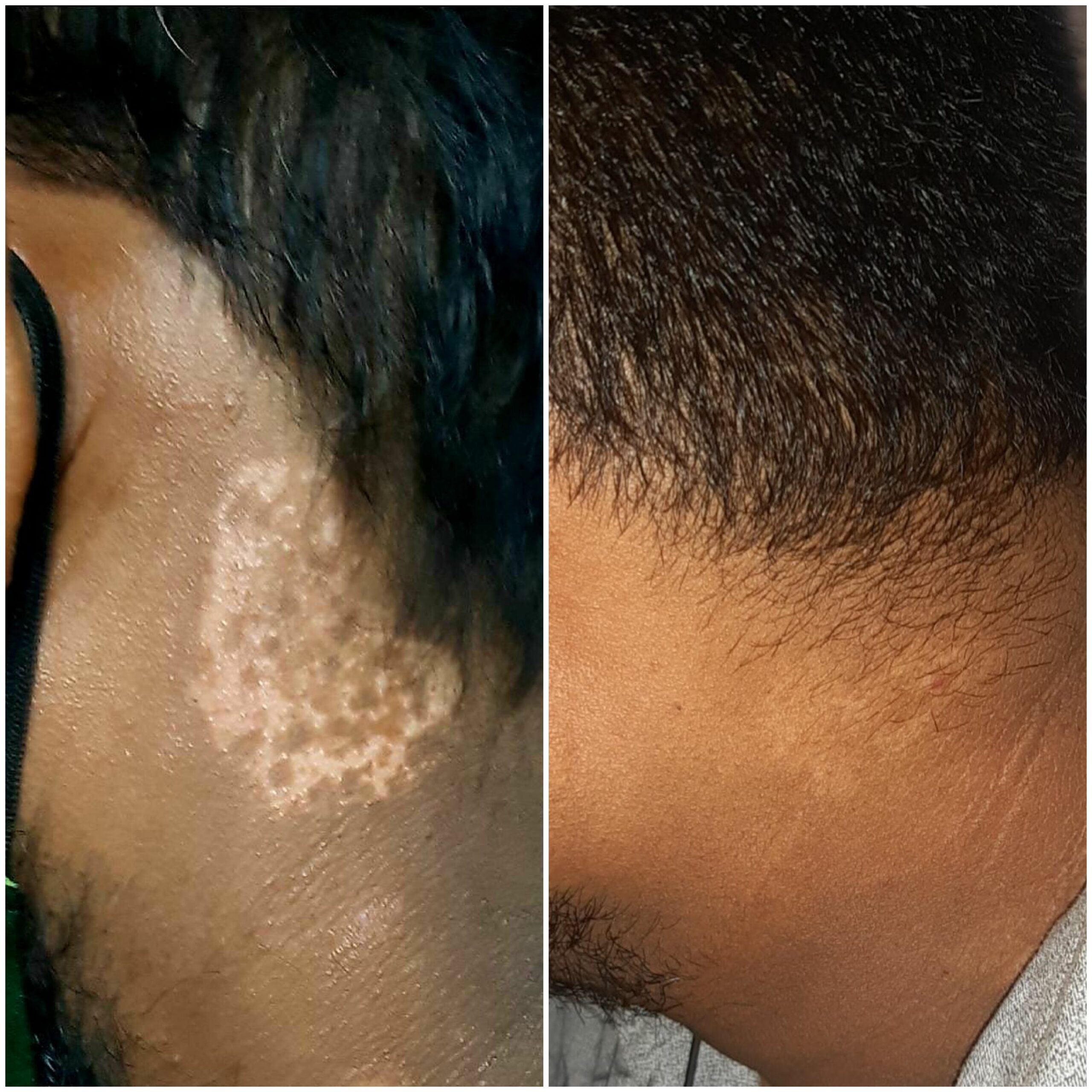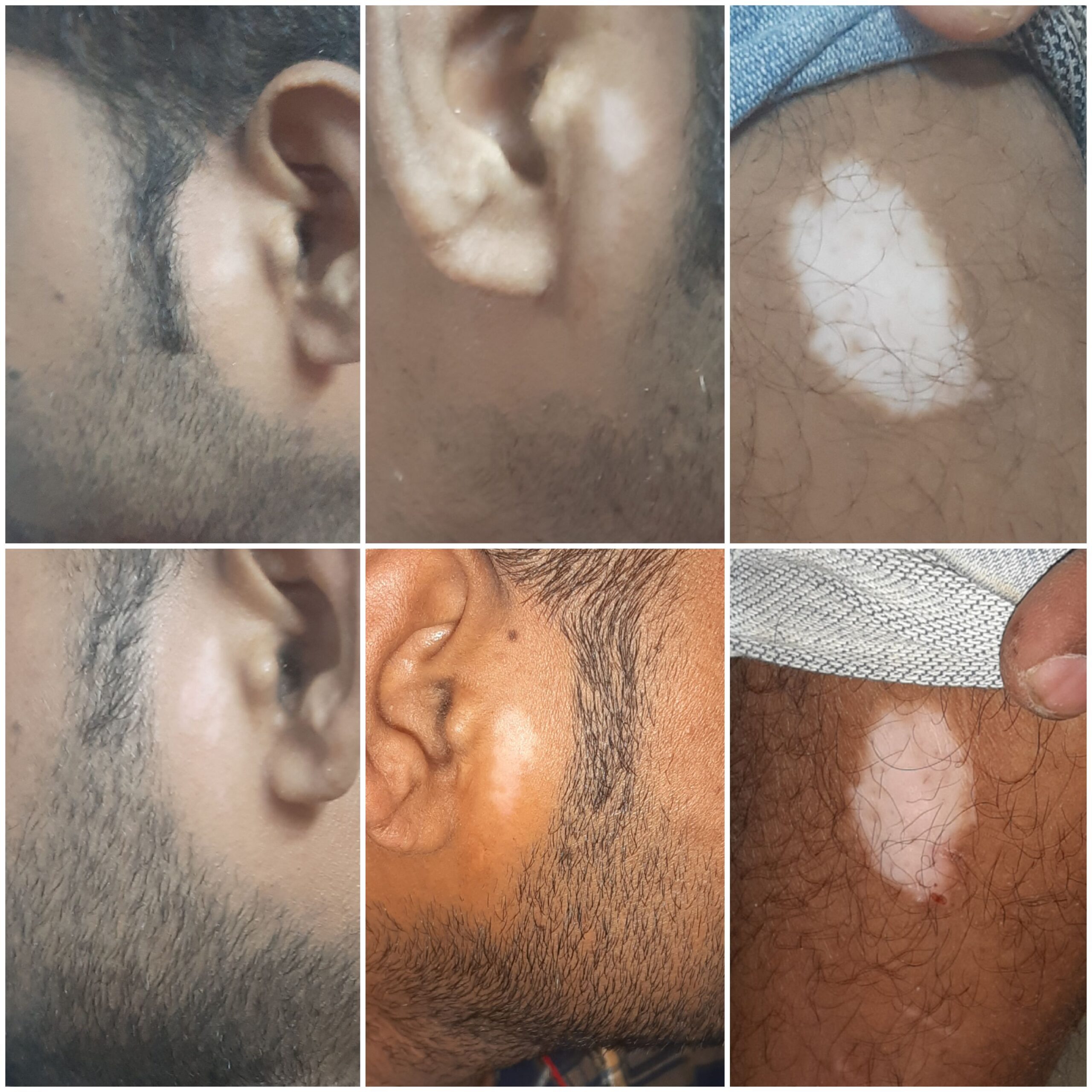Acne-prone skin demands special care, making the use of face masks a crucial aspect of skincare routines. In this section, we’ll delve into the significance of incorporating face masks tailored for acne-prone skin. We’ll explore the key ingredients to seek out in face masks, aiming to provide effective solutions for managing breakouts and achieving clearer, healthier skin.
Understanding Acne-Prone Skin
- Acne arises from various factors such as excess sebum production, clogged pores, and bacterial proliferation, leading to the formation of pimples, blackheads, and whiteheads. Understanding these root causes is pivotal in addressing acne effectively.
- Selecting skincare products suitable for acne-prone skin is paramount to prevent exacerbating breakouts. It’s essential to opt for non-comedogenic products that won’t clog pores and are gentle enough to avoid irritation.
- Face masks serve a crucial role in managing acne breakouts by delivering targeted ingredients to the skin’s surface. They offer a potent way to address specific skincare concerns and maintain skin health.
Key Ingredients for Acne-Prone Skin
- Salicylic Acid: Known for its exfoliating properties, salicylic acid penetrates deep into pores to remove excess oil, dirt, and dead skin cells. Its ability to unclog pores makes it an effective ingredient for preventing and treating acne breakouts.
- Benzoyl Peroxide: With powerful antibacterial properties, benzoyl peroxide targets the bacteria that contribute to acne formation. It also helps to reduce inflammation and clear away excess oil, making it a staple ingredient in many acne-fighting skincare products.
- Clay: Clay masks are renowned for their absorbent properties, making them ideal for absorbing excess oil and impurities from the skin’s surface. Clay masks help to detoxify the skin, tighten pores, and promote a clearer complexion, making them beneficial for acne-prone skin.
- Tea Tree Oil: As a natural antibacterial and anti-inflammatory agent, tea tree oil helps to combat acne-causing bacteria and reduce inflammation associated with breakouts. It’s a gentle yet effective ingredient that can help soothe and heal acne-prone skin.
- Niacinamide: Also known as vitamin B3, niacinamide helps to regulate sebum production, making it beneficial for controlling oiliness in acne-prone skin. Additionally, niacinamide has anti-inflammatory properties that can help reduce redness and irritation associated with acne.
Choosing the Right Face Mask for Acne-Prone Skin
- When selecting a face mask for acne-prone skin, it’s essential to read product labels carefully and look for key acne-fighting ingredients such as salicylic acid, benzoyl peroxide, and tea tree oil.
- Considerations for different skin types within the acne-prone category should also be taken into account. For example, individuals with oily skin may benefit from clay masks, while those with sensitive skin may prefer gentler formulations.
- Recommendations for specific face masks containing the mentioned ingredients will be provided, offering readers practical options for incorporating effective acne-fighting treatments into their skincare routines.
How to Use Face Masks for Acne-Prone Skin
Step-by-step guide on how to incorporate face masks into your skincare routine:
- Start with clean skin by gently cleansing your face.
- Apply the face mask evenly to your face, avoiding the delicate eye area.
- Leave the mask on for the recommended amount of time specified on the product label.
- Rinse off the mask thoroughly with lukewarm water.
- Follow up with your regular skincare routine, including moisturizer and sunscreen (if used during the day).
Recommended frequency of use for acne-prone skin:
It’s generally recommended to use a face mask for acne-prone skin 1-2 times per week.
However, frequency may vary depending on the specific product and individual skin sensitivity.
Tips for maximizing the benefits of face masks while minimizing irritation:
- Avoid leaving the mask on for longer than recommended, as this can lead to irritation or dryness.
- If you experience any discomfort or irritation while using a face mask, rinse it off immediately and discontinue use.
- Consider using a hydrating or soothing mask after using a treatment mask to help balance and nourish the skin.
Precautions and Tips
Cautionary advice for individuals with sensitive skin or allergies:
Patch test new products on a small area of skin before applying them to your entire face.
Be cautious when using products containing potent active ingredients, as they may cause irritation or allergic reactions in some individuals.
Suggestions for patch testing new products before full application:
- Apply a small amount of the product to a discreet area of skin, such as the inner forearm or behind the ear.
- Wait 24-48 hours to see if any adverse reactions occur before using the product on your face.
Importance of maintaining a consistent skincare routine alongside face mask usage:
While face masks can be beneficial for treating acne-prone skin, they should be used in conjunction with a consistent skincare routine that includes cleansing, moisturizing, and sun protection.
Conclusion
- Recap of the benefits of using face masks with acne-fighting ingredients: Face masks containing acne-fighting ingredients such as salicylic acid and benzoyl peroxide can help reduce breakouts and improve overall skin clarity.
- Encouragement to experiment with different products and find the right routine for individual skin needs: Everyone’s skin is unique, so it may take some trial and error to find the right combination of products and routines that work best for you.
- Final thoughts on the potential for clearer, healthier skin with the right approach to skincare: With the right skincare routine, including the use of face masks tailored to your skin’s needs, achieving clearer, healthier skin is within reach.


